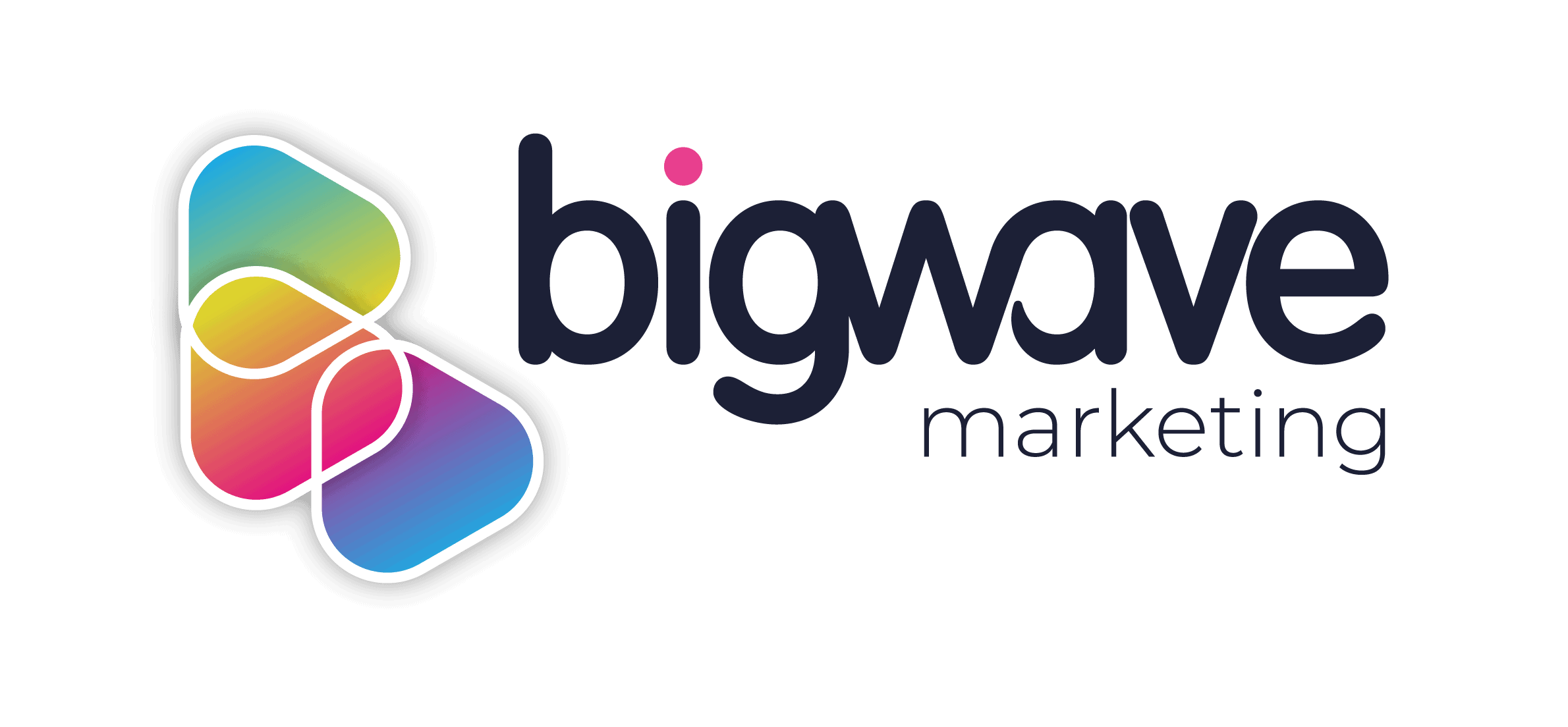Only last week on the 16th of March 2022 Google announced that they will be retiring the Google Analytics we have all been using. To quote them directly:
“We will begin sunsetting Universal Analytics — the previous generation of Analytics — next year. All standard Universal Analytics properties will stop processing new hits on July 1, 2023.”
Essentially meaning, that current Google Analytics accounts will stop collecting data on that date. In addition to this, Google will shut down the service completely approx. 6 months afterwards. This means that after 2023, we will not be able to access any of the historical data in GA as it will be completely gone.
What is the alternative?
The alternative is Google Analytics 4 or GA4 which was released about 2 years ago in 2020. In the last year or so this has become the default version of analytics offered when a new account is made. The interface and metrics were overhauled and changed to provide more flexibility and enable tracking on all devices not just websites.
Why is Google Doing this?
- Legal regulation.
After 20 years of providing free analytics to, essentially the entire internet, Google have found themselves having to deal with a potential liability in the form of user data that is being shipped to US servers. This, among other things like webmasters not respecting new legislation when gathering data from their website, has been the subject of several court hearings in the EU and several fines.
In January, the Austrian data protection authority ruled that sites can’t use Google Analytics if the service sends data back to US servers. Which Google does! Similar judgements have been found across the EU in other nations.
While these cases were very specific to data transfer to US servers which is not necessarily a GDPR issue, Google could take this opportunity to make sweeping changes to its infrastructure, possibly localise its data centres in the EU and enforce more compliance or reduced liability to satisfy data protection concerns.
- Monetisation
As mentioned, Google has, by and large, provided a free service for the past 20 years and its about time they monetise it.
While the average website will likely still fit within the new restrictions with no extra cost, there will be some features that won’t be fully available for not non-paid users and other that will require ongoing payment. Probably the most significant of which is the fact that the new GA4 platform will only retain data for a maximum of 14 months.
Yes, you head right! Essentially, we won’t be able to compare year on year performance past the last couple of months unless we go on a paid plan.
- Technology
The technology used in Universal Analytics was, well … not that universal! In fact, the entire methodology of the platform was based on website analytics, and while it did support other platforms such as mobile and web apps, the metrics did not always make sense.
GA4 is meant to improve that by providing stats in new more flexible formats focusing on Acquisition, Engagement and Monetisation and an event-based system and statistics that work on all platforms, including mobile, POS and more with the promise of deeper integrations in the future.
The kicker is, with any new system, come in new headaches of learning the quirks and feature. Il let the Google Ads team explain this one in their own words:
…thanks for the resources!? I guess.
So what’s next?
Do we all just ditch the old GA-UA and flock to the new GA4? Well … not exactly.
Compared to the current version, GA4 is still a relatively new product and while it sets out to fix a lot of the old problems … It still has some issues, inconsistencies that require polishing out. Also, despite some new features like the revamped events and goals system and funnel creation, which are absolutely cool! … It is still surprisingly feature-poor.
I guess that with this announcement however, we also have the certainty that with the drop-in support for the old analytics, the development team over at Google will start to focus a lot more on the new GA4. So, we should hopefully see a significant improvement to the platform in the next year.
At the moment, our recommendation is that you keep both instances running on your website at the same time.
And if you are a client of Bigwave and we deliver a digital marketing strategy for your company, we have you covered, and we will begin to implement the new GA4 on your website in the next few months if we haven’t already.
For anyone looking for support or is unsure of what to do next, get in contact with us. Our dedicated team will be happy to help you!
… or, sign-up to our newsletter below as we will explore this topic in depth over the next few months.

